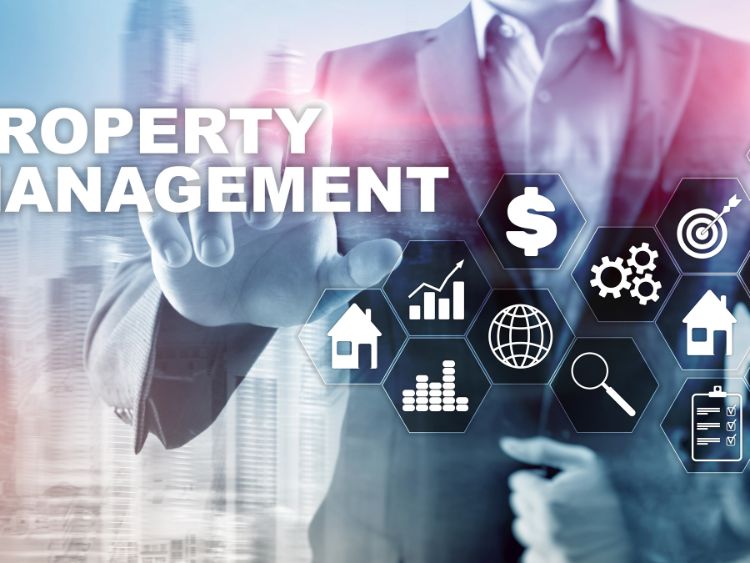Property management is more than just a mere overseeing of real estate assets; it’s an intricate dance of maximizing tenant satisfaction and optimizing financial returns. Whether you’re a seasoned property owner or just dipping your toes into the real estate waters, understanding the nuances of property management can significantly affect your success. Let’s dive in and unravel the complexities of this field, ensuring you’re equipped with the knowledge to make your property venture as profitable as it can be.
What is Property Management?
Property management involves the administration of residential, commercial, or industrial real estate. Property managers act on behalf of the owner to preserve the property’s value while generating income. Sounds straightforward, right? Well, there’s more to it than meets the eye.
Key Responsibilities of a Property Manager
- Tenant Management: This includes finding and screening tenants, managing leases, and handling complaints or emergencies.
- Maintenance and Repairs: Ensuring the property is in tip-top shape is crucial. This involves regular maintenance and addressing repair issues promptly.
- Rent Collection: Implementing efficient processes to collect rent and track tenant payments.
- Budget Management: Operating within a budget for maintenance and administrative costs.
- Legal Compliance: Keeping up with the landlord-tenant laws, property standards, and local by-laws.
Benefits of Effective Property Management
Managing properties effectively can lead to several benefits:
- Increased Property Value: Effective maintenance and upgrades can increase your property’s market value.
- Reduced Tenant Turnover: Good management practices lead to happier tenants who are more likely to renew their leases.
- Improved Cash Flow: Timely rent collection and cost-effective management reduce vacancies and increase profitability.
Challenges in Property Management
Despite its advantages, property management comes with its fair share of challenges:
- Handling Maintenance Issues: Urgent maintenance can disrupt even the best-laid plans.
- Difficult Tenants: Managing tenants who are late on payments or disruptive can be stressful.
- Legal Hurdles: Staying compliant with changing laws requires constant vigilance and adaptation.
Essential Skills for Property Managers
To thrive in this field, you’ll need a mix of hard and soft skills:
- Organizational Skills: Juggling various tasks efficiently is key.
- Communication: Clear, concise, and effective communication with tenants and vendors is essential.
- Problem-Solving Abilities: Quick and effective decision-making can save both time and money.
- Technical Know-how: Understanding the basics of maintenance allows for better management of repairs and renovations.
- Legal Knowledge: A solid grasp of laws pertaining to real estate is crucial.
Tools and Technologies in Property Management
Leveraging technology can significantly enhance the efficiency of property management. Here are some tools that are changing the game:
- Property Management Software: Tools like Buildium and AppFolio provide platforms for rent collection, maintenance requests, and managing tenant information all in one place.
- Mobile Apps: Mobile solutions enable property managers to access information on the go and communicate effectively with teams and tenants.
- Online Payment Systems: These systems simplify rent collection, making it easier for tenants to pay on time.
Property Management Best Practices
To stay on top of your game, consider these best practices:
- Regular Inspections: Schedule regular inspections to catch issues before they become expensive problems.
- Responsive Communication: Always be available or have mechanisms in place to address tenant concerns quickly.
- Transparent Operations: Maintain transparency in dealings with tenants and owners to build trust and ensure compliance.
FAQs in Property Management
- What is the typical fee for property management services? Typically, property management fees range from 8% to 12% of the monthly rental income.
- How do I choose a reliable property manager? Look for experience, a strong local presence, and positive reviews from other property owners.
- Can property management be done remotely? Yes, with the right technology and processes, many aspects of property management can be handled remotely.
Summary
Property management is an exciting field that requires a blend of skills and knowledge to navigate successfully. From dealing with daily maintenance issues to strategic budgeting, property managers play a pivotal role in the real estate industry. By staying informed, leveraging technology, and implementing best practices, property managers can ensure their properties are well-maintained and profitable, providing significant value to property owners and tenants alike.

